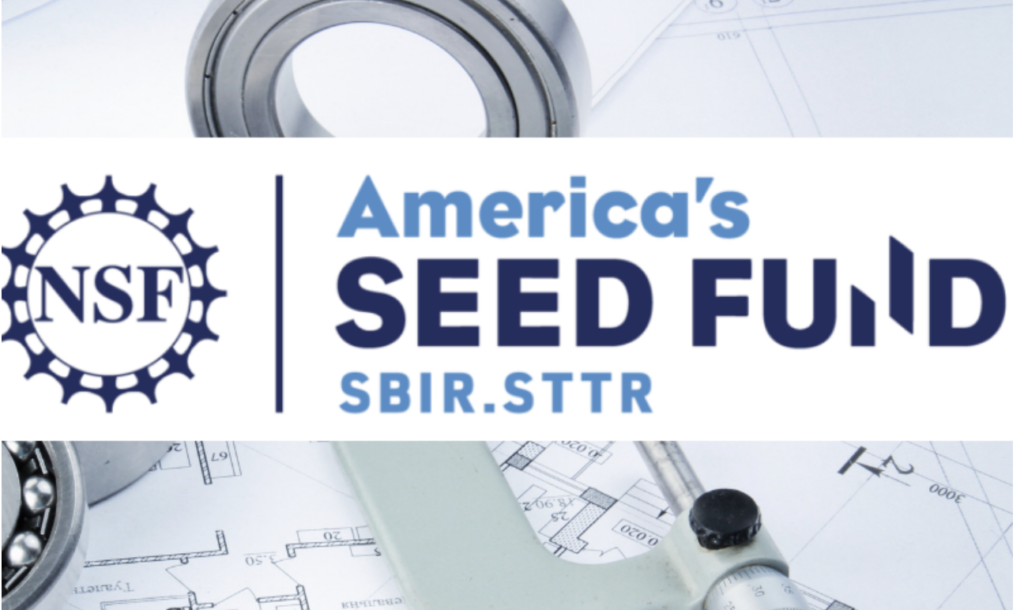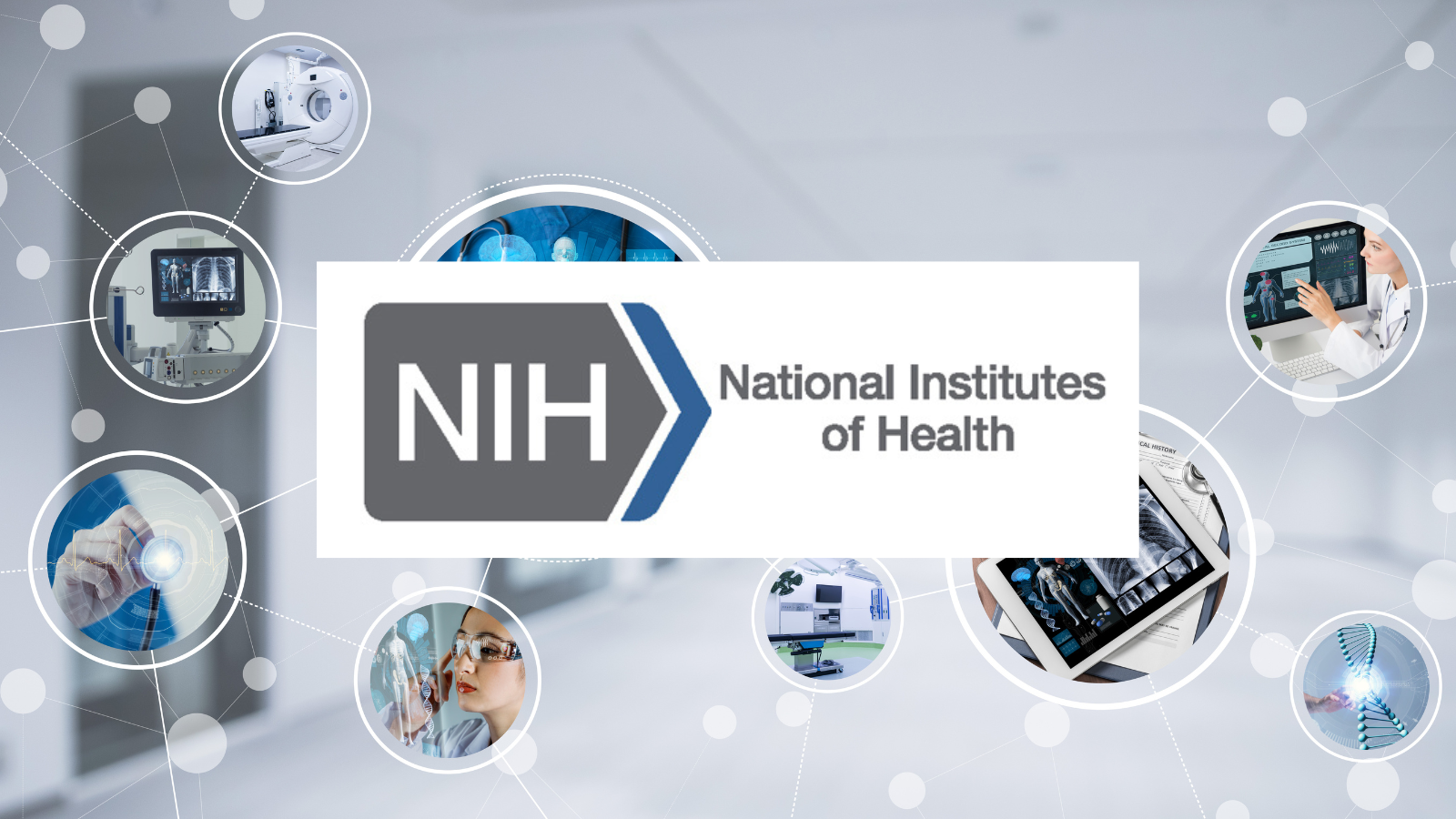The NSF has recently debuted a new Fast-Track program for its SBIR and STTR programs. While the NIH has long had a Fast-Track program, this is the first time that any of the agencies other than the NIH has tried this format.
In short, a Fast-Track grant is a combination grant, wherein the applicant applies for both Phase I and Phase II in the same application. For this program only, the Phase I budget is limited to $400,000 and the Phase II budget is limited to $1,155,000. These budgets include all direct and indirect costs, TABA funding, and small business fees. Unlike the NIH Fast-Track proposals, the NSF grants will not support clinical trials. They will also not support projects that include Schedule I controlled substances. Unlike the NIH, the NSF is offering both types of small business grants under this umbrella program (SBIRs and STTRs). The NIH only offers SBIRs under its Fast-Track program.
To qualify for a Fast-Track application, applicants must meet all following requirements:
- The project must have a lineage of NSF research funding, meaning that earlier discoveries about the project must have been funded by the NSF within the past 5 years.
- At least one Senior/Key Personnel must have undergone formal customer discovery training within the past 2 years. This would include an I-Corps program like the NSF’s National Program. (As a corollary to this requirement, the Fast-Track grants are also required to have 3 Letters of Support from potential product/service users or customers will be required as part of the submission.)
- The entire team must already be in place (not yet to be determined) at the time of proposal submission. You are not allowed to have “to-be-hired” personnel in your team.
- The business must receive an official invitation to submit via the Project Pitch mechanism.
- For STTR Fast-Track grants, a co-PI is required at the partnering institution.
The advantages of the Fast-Track program are numerous. First, the Phase I budget is higher than the traditional NSF SBIR and STTR grant budgets. Traditional Phase I grants are limited to $305,000 at the NSF. Second, the grantee no longer need submit a Phase II application and wait for funding to be announced later – they merely need to pass the Stage Gate 1 and Stage Gate 2 reviews conducted by the NSF in order to obtain Phase II funding. These Gate reviews will be conducted by the NSF and are required to progress. Stage Gate 1 reviews are a progress evaluation, and Stage Gate 2 reviews are a financial analysis review.
The NSF estimates that it will award 36 of these Fast-Tracks, ~20 SBIRs and ~16 STTRs, depending upon funding. Check out the full announcement.
Thinking about applying for an NSF Fast-Track grant? Contact us first and let us help you get what you need to perform R&D in your company.

